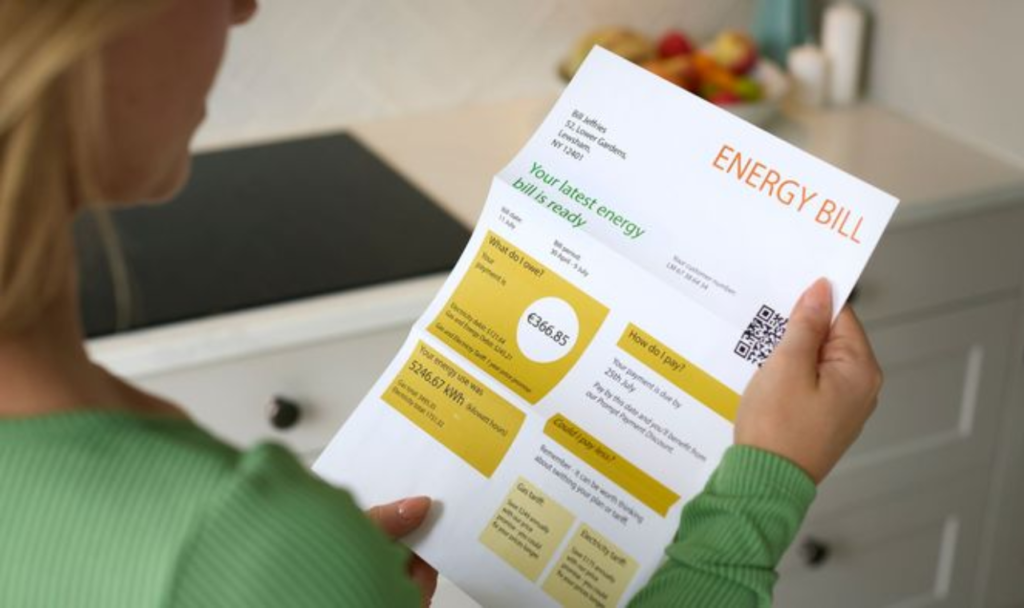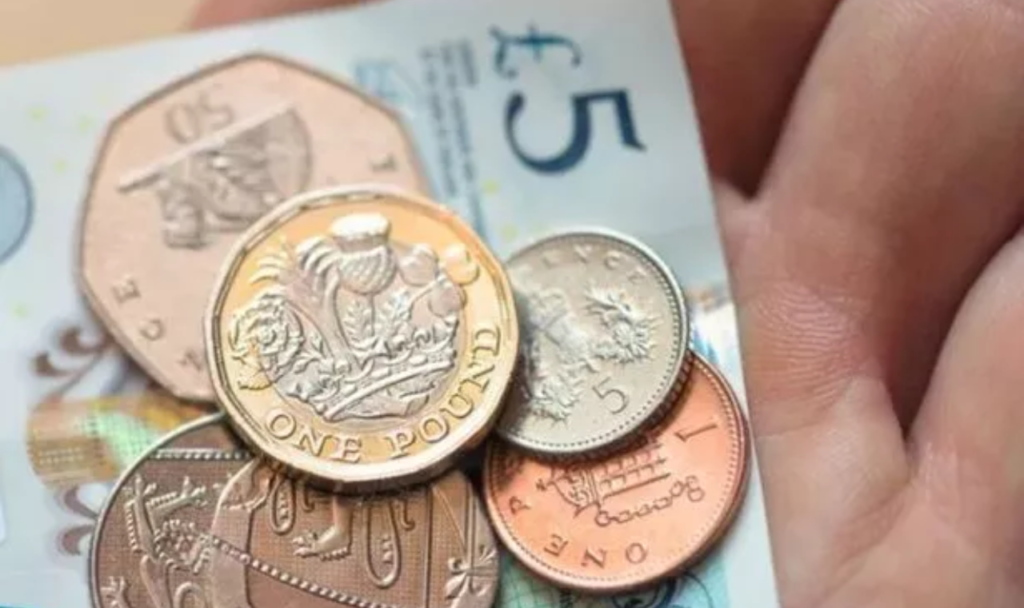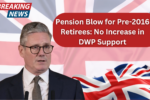Households across the UK struggling with rising energy costs could receive crucial financial support from the Department for Work and Pensions (DWP). Various government-backed schemes aim to assist low-income families, pensioners, and vulnerable individuals with energy bills and home heating expenses.
The DWP has set an income threshold of £31,000 for several energy-saving and bill-reduction schemes, ensuring that those who need it most receive adequate assistance. Here’s a breakdown of the available schemes, eligibility criteria, and how households can apply.
1. Household Support Fund (HSF)
The Household Support Fund (HSF) is a government initiative designed to help low-income households struggling with essential living costs, including energy bills.
- The fund is allocated to local councils, which distribute the support based on local needs.
- Residents earning under £31,000 may be eligible for financial aid, with some councils offering payments of up to £500.
- Payments are often made directly to energy suppliers or provided as vouchers for prepayment meter users.
Households should check with their local council’s website to find out the specific eligibility requirements and application process. More information is available via the UK government’s web
2. Energy Company Obligation (ECO4) Scheme
The Energy Company Obligation (ECO4) scheme helps eligible households improve their home’s energy efficiency, reducing overall energy costs.
- The scheme targets households earning less than £31,000 per year, providing free home insulation, heating system upgrades, and other efficiency improvements.
- ECO4 funding is available to homeowners and some private tenants who meet the income criteria.
- The scheme covers measures like loft insulation, cavity wall insulation, boiler replacements, and renewable energy installations.

3. Warm Home Discount Scheme
The Warm Home Discount Scheme provides a £150 rebate on electricity bills for low-income households and pensioners during the winter months.
- Eligibility includes those receiving Pension Credit (Guarantee Credit element) or low-income households facing high energy costs.
- The discount is automatically applied for most eligible households between October and March each year.
4. Cold Weather Payment
The Cold Weather Payment provides financial relief during extreme winter conditions.
- Households receive £25 for each seven-day period when temperatures drop below zero degrees Celsius for seven consecutive days.
- Payments are automatically issued between November 1 and March 31 to individuals on qualifying benefits, such as:
- Pension Credit
- Income Support
- Income-based Jobseeker’s Allowance
- Universal Credit (with extra criteria)
5. Winter Fuel Payment
The Winter Fuel Payment is an annual tax-free benefit for pensioners to help cover heating costs.
- Eligible households can receive between £200 and £300, depending on age and circumstances.
- Payments are automatically processed for those receiving State Pension or certain benefits.
- Those not automatically enrolled can apply via the Winter Fuel Payment helpline.

How to Apply for Energy Support
Households seeking assistance should check their eligibility and apply through the relevant official websites or local council offices. Some schemes provide automatic payments, while others require an application.
Steps to Apply for Energy Assistance
- Check eligibility criteria – Each scheme has specific income and benefit requirements.
- Visit government websites – Use the provided links to verify program details.
- Contact local authorities – Some schemes, such as the Household Support Fund, vary by region.
- Apply online or by phone – Most government aid programs allow applications through online portals or helplines.
- Follow up – If approved, payments may take a few weeks to process, so monitor application status.
Additional Energy Grants and Support
Beyond government schemes, some energy suppliers offer grants to struggling customers. British Gas, EDF, E.ON, Octopus Energy, and other providers have hardship funds for those in financial distress.
Additionally, charities and community organizations may provide guidance and extra assistance to households facing difficulties with energy bills.
Final Thoughts
As energy costs remain high, it’s crucial for households earning under £31,000 to explore available support schemes. Whether through direct bill discounts, cold weather payments, or home energy efficiency upgrades, these programs can help reduce financial strain.
To stay updated, visit official government pages and check with your local council regularly. Seeking financial assistance early ensures that eligible households receive the maximum support available.

Pankaj Kumar is a journalist at Chandigarh X, covering admit cards, recruitment, and government schemes. His articles provide readers with detailed insights into application processes, eligibility, and exam updates.
Outside of work, Pankaj enjoys traveling, fitness, and cricket, often participating in local matches on weekends.



